Anti-Municipal Broadband Campaigns and Lessons from Maine | Episode 48 of the Connect This! Show
Join us live on Thursday, July 28th, at 4pm ET for the latest episode of the Connect This! Show. Co-hosts Christopher Mitchell (ILSR) and Travis Carter (USI Fiber) will be joined by Peggy Schaffer (Director, ConnectME), Andrew Butcher (President, Maine Connectivity Authority), and Christa Thorpe (Community Development Officer, Island Institute).
The panel will dig into recent anti-municipal propaganda in the New England area, with an emphasis on Maine. They'll talk about the astroturf campaign being waged by groups like the Alliance for Quality Broadband (a front organization for Charter Spectrum) and recent blows to municipal broadband they've fueled in places like Southport and Readfield. The panel will talk who really loses out when the monopoly providers persuade voters and local officials to defer leadership on imrpoving community connectivity. Christa Thorpe will join halfway through the show to share her experiences and perspective.
Subscribe to the show using this feed, view the show on YouTube Live or on Facebook Live, or find it on the Connect This! page.
Email us broadband@muninetworks.org with feedback and ideas for the show.
Watch here on YouTube Live, here on Facebook live, or below.




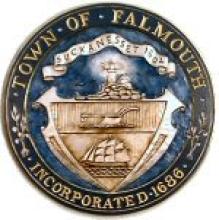

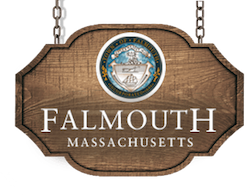 The community is looking for a firm that will:
The community is looking for a firm that will:

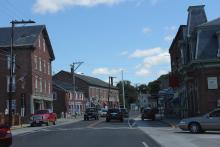
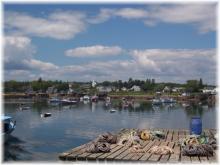
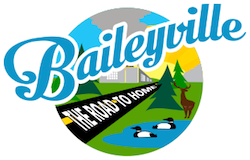 Organized in 2015, the nonprofit DEDC came together with the focus on recruiting new businesses to the area and to support existing businesses. As DEDC quickly discovered, unless the region could offer high-speed, reliable Internet infrastructure, attracting new businesses and helping existing businesses expand would be extremely difficult. They also determined that new families would not be interested in Baileyville or Calais without high-quality connectivity. "It was a no-brainer," says Julie, "you have to go fiber."
Organized in 2015, the nonprofit DEDC came together with the focus on recruiting new businesses to the area and to support existing businesses. As DEDC quickly discovered, unless the region could offer high-speed, reliable Internet infrastructure, attracting new businesses and helping existing businesses expand would be extremely difficult. They also determined that new families would not be interested in Baileyville or Calais without high-quality connectivity. "It was a no-brainer," says Julie, "you have to go fiber."